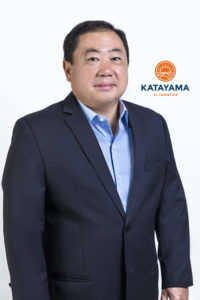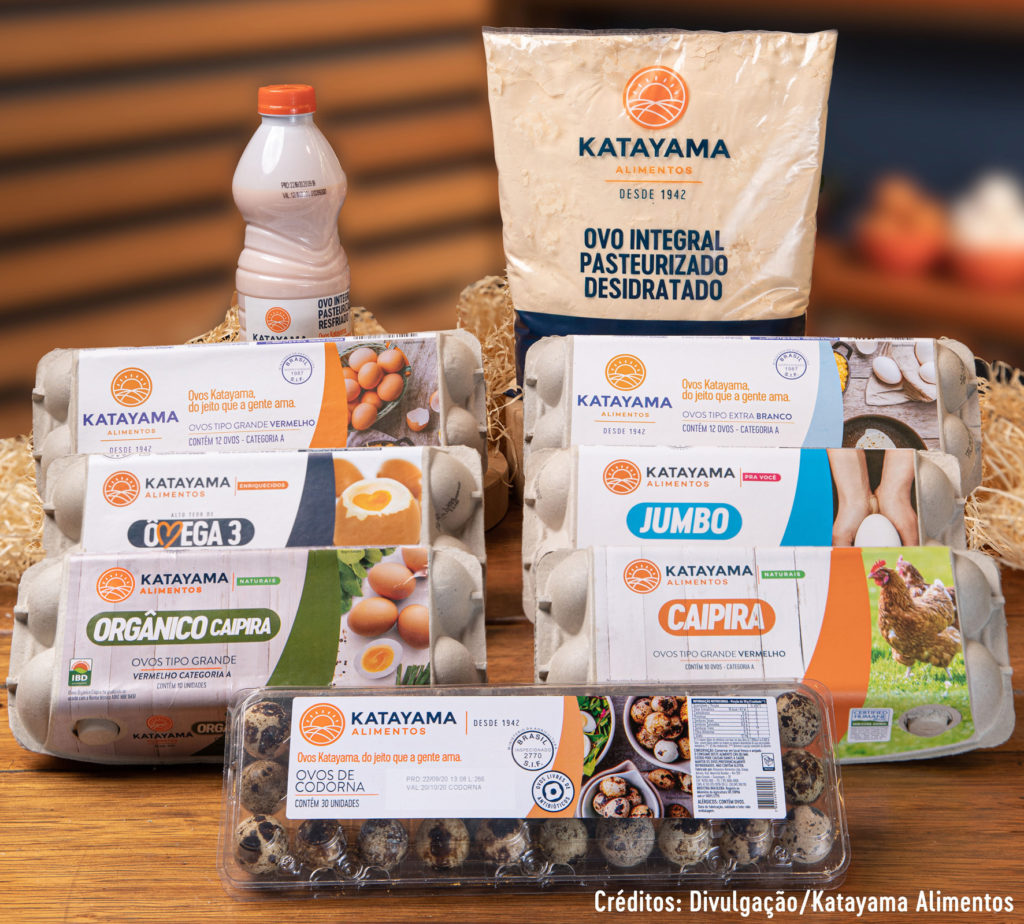São Paulo – One the biggest poultry companies in Brazil, egg company Katayama Alimentos opened an office last October in Dubai, UAE. The effort was done in tandem with the São Paulo Investment Promotion Agency (InvestSP), and it also includes an office in Shanghai, China. “The goal is to build a relationship with local authorities to break into new markets and to canvas for prospective leads,” conglomerate Grupo Katayama commercial director Gilson Tadashi Katayama told ANBA via email.
The Arab market takes in in 20% of foreign sales by the company, which has been shipping raw eggs to the UAE since 2009. Early this year, InvestSP joined a UAE business mission arranged by InvestSP. During that trip, the company built tighter-knit relations in the Arab market, and it made arrangements to open its Shanghai and Dubai offices.
The Brazilian brand recently got into talks with clients in countries in Asia. The plan is to have the Dubai office help drive sales across the region. “We have been going to ports in Abu Dhabi and in Jebel Ali, Dubai to see the facilities, the available services and infrastructure that make the UAE a logistics hub not only for the Gulf countries, but for all other countries [in the Middle East and Asia]”, Katayama said, adding that the company also sells dehydrated eggs for industrial purposes.

But despite being in business for 80 years now, Katayama Alimentos exports only 1% of its output, and it’s looking to change just that. “The initial goal is to export 10% of output. That would mean revenue in the USD 7.5 million range,” he explained.
To achieve that, the company is working towards a threefold increase in production in up to five years. “Having one foot abroad is paramount to diversifying our sales options for our comprehensive product portfolio,” he added. The company recently started supplying dehydrated eggs to Bangladesh.
With an eye on those markets, the food company set out to become halal certified – an indication that its products are fit for consumption by Muslims –, which it achieved in January of this year. the director explains that the coronavirus pandemic meant that securing supplies became a major issue in countries that import most of their food needs, as is the case with the UAE. “In our post-Covid 19 vision, food security will be much more relevant and important to the strategical policies of several countries, and Brazil will be one of a few countries in the world that are able to meet humanity’s growing need for food products. We’re on the right track.”
Katayama said that the company’s relationships with its Asia and Middle East clients are very promising, and that countries throughout the region are clearly concerned over food security. “As their primary strategy, they look to find suppliers in many places around the globe to mitigate the risk of running out of food. We have fierce competition in countries in Central Asia and Europe. The process of winning over and loyalizing our foreign clients takes dedication and it’s delicate work, since it requires competitive pricing and raising awareness about the advantages of switching up suppliers,” he said.
Translated by Gabriel Pomerancblum




